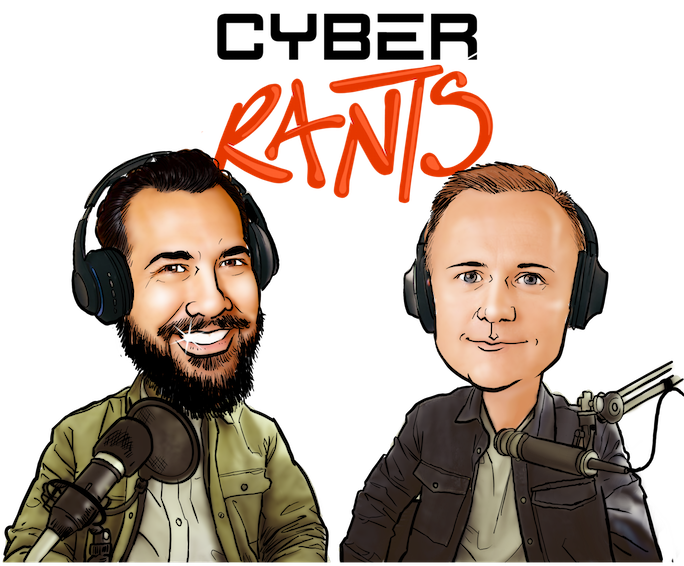This week the guys (and "Skippy the Intern") are joined by special guest, Caren Shiozaki, to discuss cybersecurity considerations among executive teams and boards of directors. Caren shares her experience as a technology executive, insights at the leadership level, and emerging trends that are changing the thought process around cybersecurity and compliance.
Pick up your copy of Cyber Rants on Amazon.
Looking to take your Cyber Security to the next level? Visit us at www.silentsector.com.
Be sure to rate the podcast, leave us a review, and subscribe!



